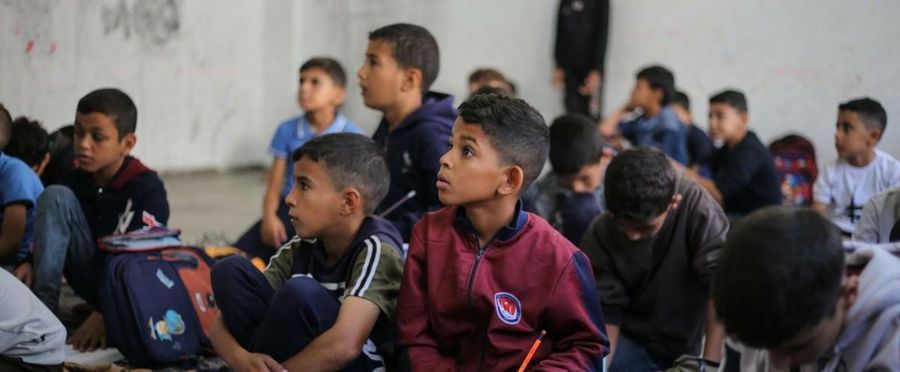After two challenging years, children in Gaza have finally resumed their academic activities. The prolonged school closure owed to escalating conflict and hostilities in the region. This much-anticipated reopening, a beacon of hope amidst turmoil, presents a fresh start for these young minds. However, numerous obstacles, such as resource shortages and infrastructural damage, still need addressing to provide an conducive environment for learning.
Japanese society places immense value on education, considering it a pillar for personal growth and societal development. News about children returning to school is well-received, emphasizing the collective desire for universal peace and stability. Additionally, Japan's continued support and aid for education in conflict-hit regions further underline its commitment to upholding humanitarian values.
In the US or EU, prolonged school closure due to conflict is largely unseen. However, similarities can be drawn from closures caused by the COVID-19 pandemic, where the focus is on mitigating disruptions to education and strengthening resilience. The situation in Gaza highlights the detrimental, long-term effects of conflict on education and underscores the need for comprehensive strategies to protect children's right to education during crises.

